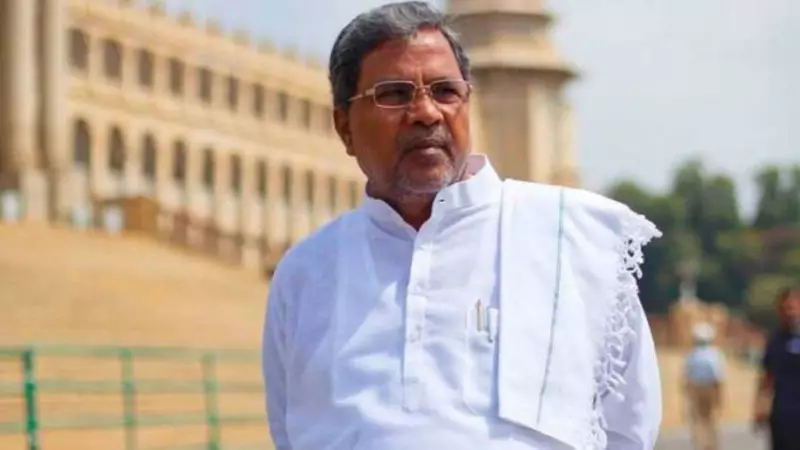
Tensions reached a boiling point in Karnataka as thousands of sugarcane farmers took to the streets, demanding immediate resolution to the long-standing dispute over fair pricing for their crops. The protest, which saw significant farmer mobilization across the state, has put both the government and sugar mill owners in a tight spot.
The Core Conflict: Price Disparity and Payment Delays
At the heart of the agitation lies a fundamental disagreement between farmers and sugar mill owners regarding the fair and remunerative price (FRP) for sugarcane. Farmers are demanding a minimum price of ₹4,000 per tonne, arguing that current rates fail to cover their rising production costs. Meanwhile, sugar mill owners contend that market realities make this demand economically unfeasible.
The situation is further complicated by outstanding payments, with many farmers awaiting dues from previous seasons. This financial strain has pushed agricultural communities to the brink, forcing them to intensify their protest actions.
Government Intervention: Siddaramaiah's Balancing Act
Chief Minister Siddaramaiah has stepped into the fray, holding emergency meetings with both farmer representatives and sugar mill owners. The state government is walking a tightrope, attempting to balance the legitimate concerns of farmers with the practical constraints faced by the sugar industry.
"We recognize the genuine grievances of our farmers," stated a government representative. "However, we must also ensure the long-term sustainability of the sugar industry in Karnataka."
Farmer Demands: Beyond Immediate Price Fixation
- Implementation of ₹4,000 per tonne minimum price for sugarcane
- Immediate clearance of all pending payments from sugar mills
- Government intervention to ensure timely payments in future seasons
- Legal framework to protect farmers from price exploitation
Industry Perspective: Mill Owners Cite Market Realities
Sugar mill owners present a different viewpoint, highlighting the challenges of global sugar prices and operational costs. They argue that implementing the demanded price structure could make Karnataka's sugar industry uncompetitive in the national and international markets.
"We understand farmers' concerns, but we must also consider the economic viability of our operations," explained a representative from the Karnataka Sugar Mill Owners Association.
What's Next for Karnataka's Agricultural Sector?
The ongoing standoff represents a critical juncture for Karnataka's agricultural policy. The state government faces mounting pressure to broker a solution that addresses farmers' immediate financial needs while preserving the health of the sugar industry.
With protest intensity increasing and both sides holding firm to their positions, all eyes are on the government's next move. The resolution of this conflict will likely set important precedents for agricultural pricing policies across the state.






